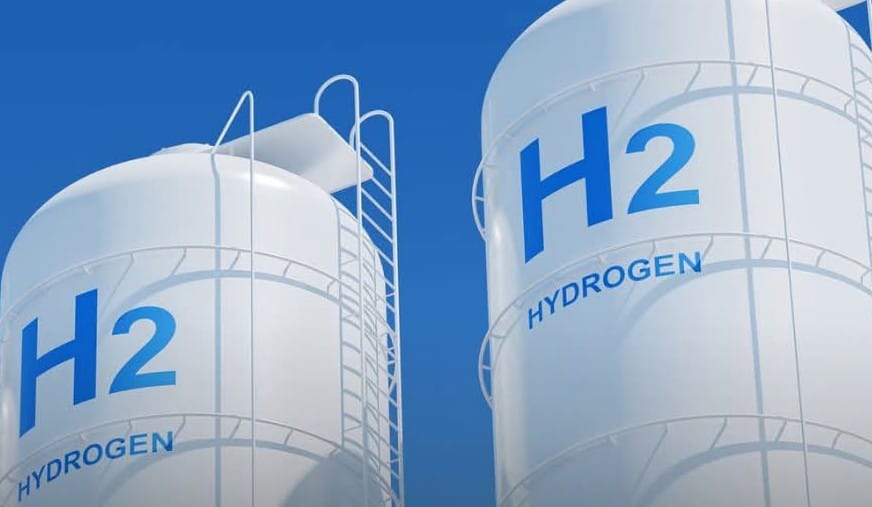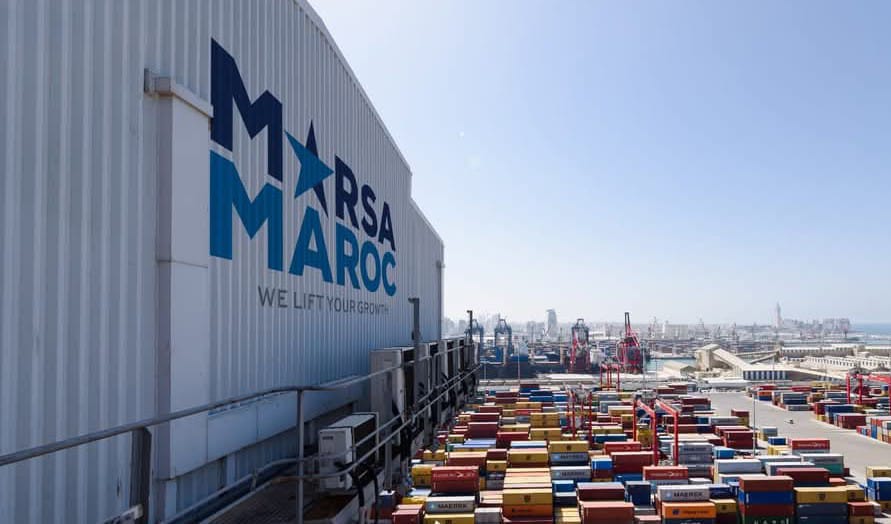Casablanca – British energy company Sound Energy has taken a major step in expanding its operations in Morocco by announcing the identification of several high-potential zones for natural hydrogen and helium exploration. This announcement follows the completion of a regional geological study conducted in partnership with Getech Group Plc, a UK-based firm specializing in geoscientific technology for resource identification.
The study, initiated under a cooperation agreement signed in October 2024, marks a shift in Sound Energy’s strategic positioning as it seeks to diversify its portfolio beyond natural gas. Already known for its involvement in the Tendrara gas project in eastern Morocco, the company now sets its sights on emerging energy resources that could play a significant role in the global energy transition.
Encouraging results from geological study
The geological survey covered multiple basins across Moroccan territory and applied advanced exploration techniques, including proprietary “geogenetic” methods developed by Getech. These methods are designed to detect favorable underground formations where natural hydrogen and helium may accumulate.
According to John Argent, Vice President of Geoscience at Sound Energy, the study revealed “several targets with significant potential” that warrant deeper investigation. “We now enter a second, more technical phase involving detailed geophysical surveys and exploratory drilling,” he noted. Argent emphasized that these findings confirm the effectiveness of the partners’ joint exploration approach.
The study not only outlines zones of interest but also reduces uncertainty surrounding the geological viability of such projects in Morocco. This foundation sets the stage for future activities aimed at confirming the commercial potential of these resources.
Creation of a joint venture
Following these promising results, Sound Energy and Getech have announced plans to establish a joint venture. This new entity would be granted exclusive exploration and exploitation rights in the identified zones, subject to approvals from Moroccan authorities. The joint venture would be tasked with advancing technical assessments, conducting fieldwork, and negotiating permits and licenses in compliance with local regulations.
The partners plan to proceed with a phased approach, beginning with high-resolution geophysical campaigns, followed by targeted drilling to validate the presence of commercially viable gas reserves.
Strategic significance for Morocco
Morocco’s energy strategy places growing importance on diversification and sustainability. The country already ranks among regional leaders in renewable energy development—particularly solar and wind—but policymakers are also exploring complementary sources such as natural gas and hydrogen to support industrial demand and secure supply resilience.
In this context, the potential discovery of naturally occurring hydrogen, which forms underground through geological processes, could be a game-changer. Unlike green hydrogen (produced using renewable electricity) or gray hydrogen (from fossil fuels), natural hydrogen is considered more cost-efficient and has minimal carbon emissions. According to energy consultancy Rystad Energy, natural hydrogen could be produced at costs as low as $0.50 to $1 per kilogram, making it more competitive than traditional alternatives.
Helium, meanwhile, is a critical industrial gas with applications in medical imaging, electronics, and aerospace. Its strategic importance has grown amid increasing global demand and limited supply. Market analysts at IDTechEx estimate that helium demand could double by 2035, reinforcing the economic rationale for early-stage exploration.
Outlook
Sound Energy’s recent initiatives signal a broader commitment to supporting Morocco’s low-carbon development goals while expanding its own role in the global clean energy landscape. The company’s multipronged strategy—covering gas, hydrogen, helium, and solar—illustrates how international energy players are adapting to both market opportunities and decarbonization pressures.
As exploration activities progress and Morocco positions itself as a hub for next-generation energy resources, the success of such partnerships could have lasting implications for the Kingdom’s role in the future global energy economy.
















